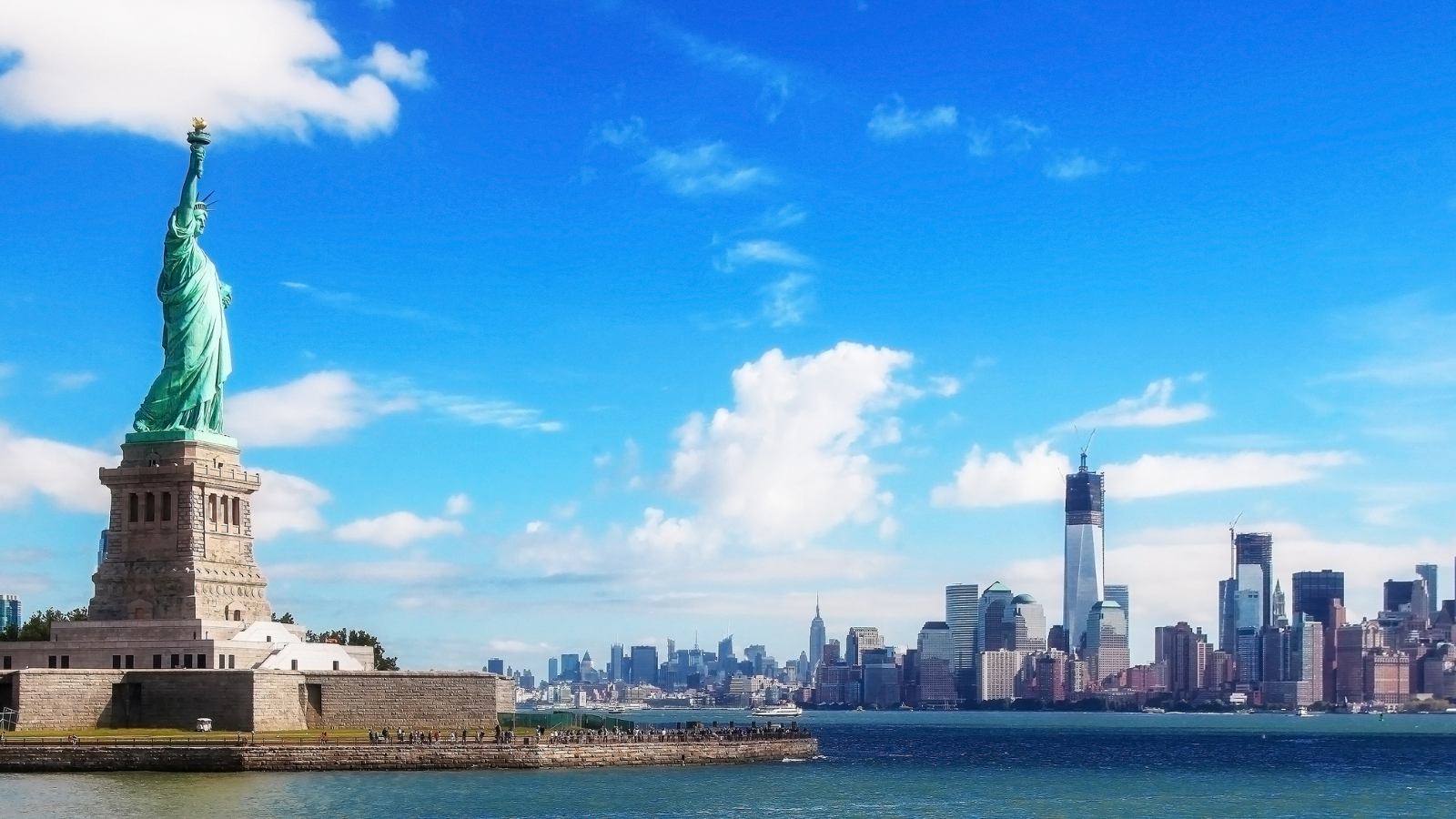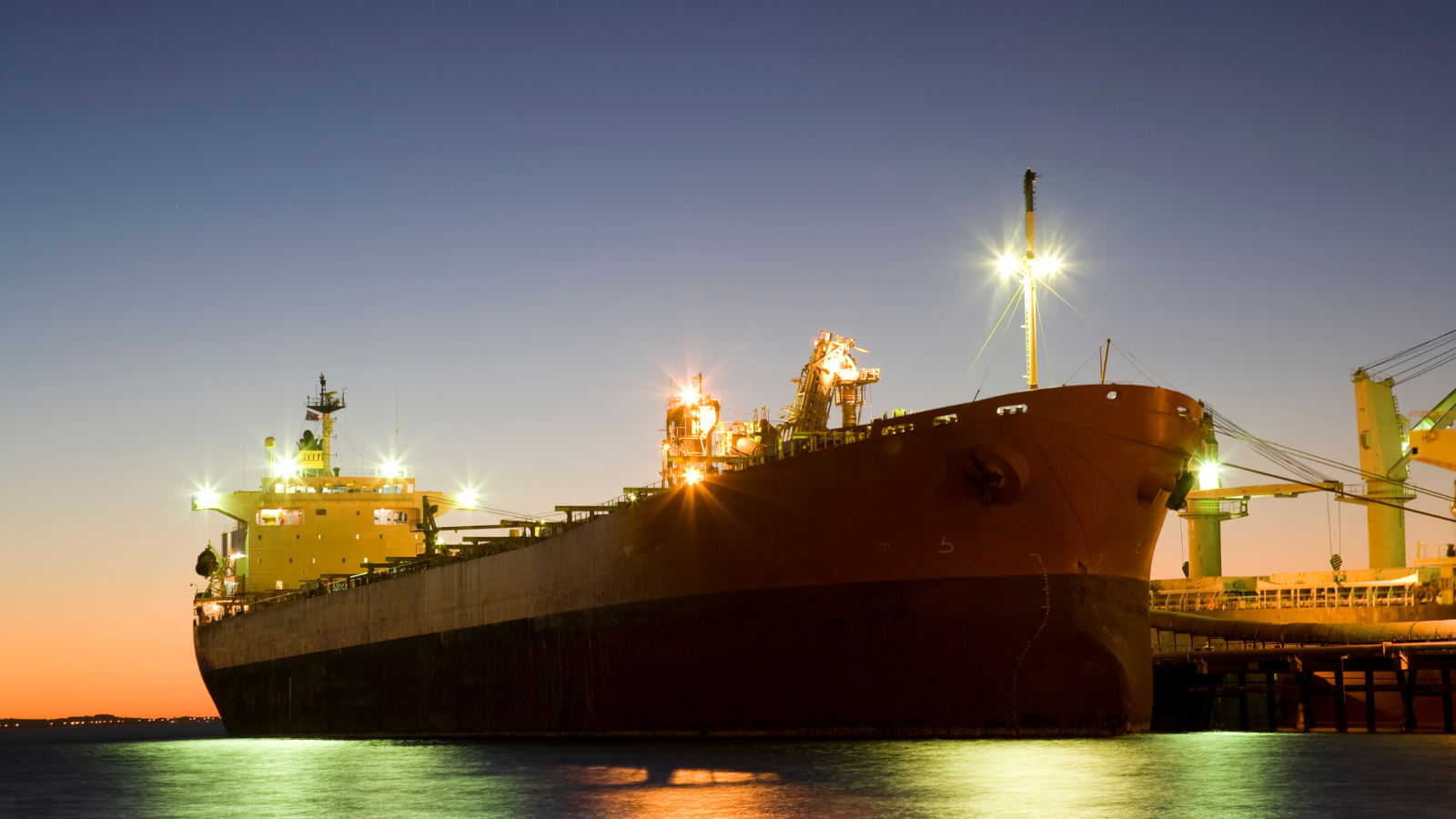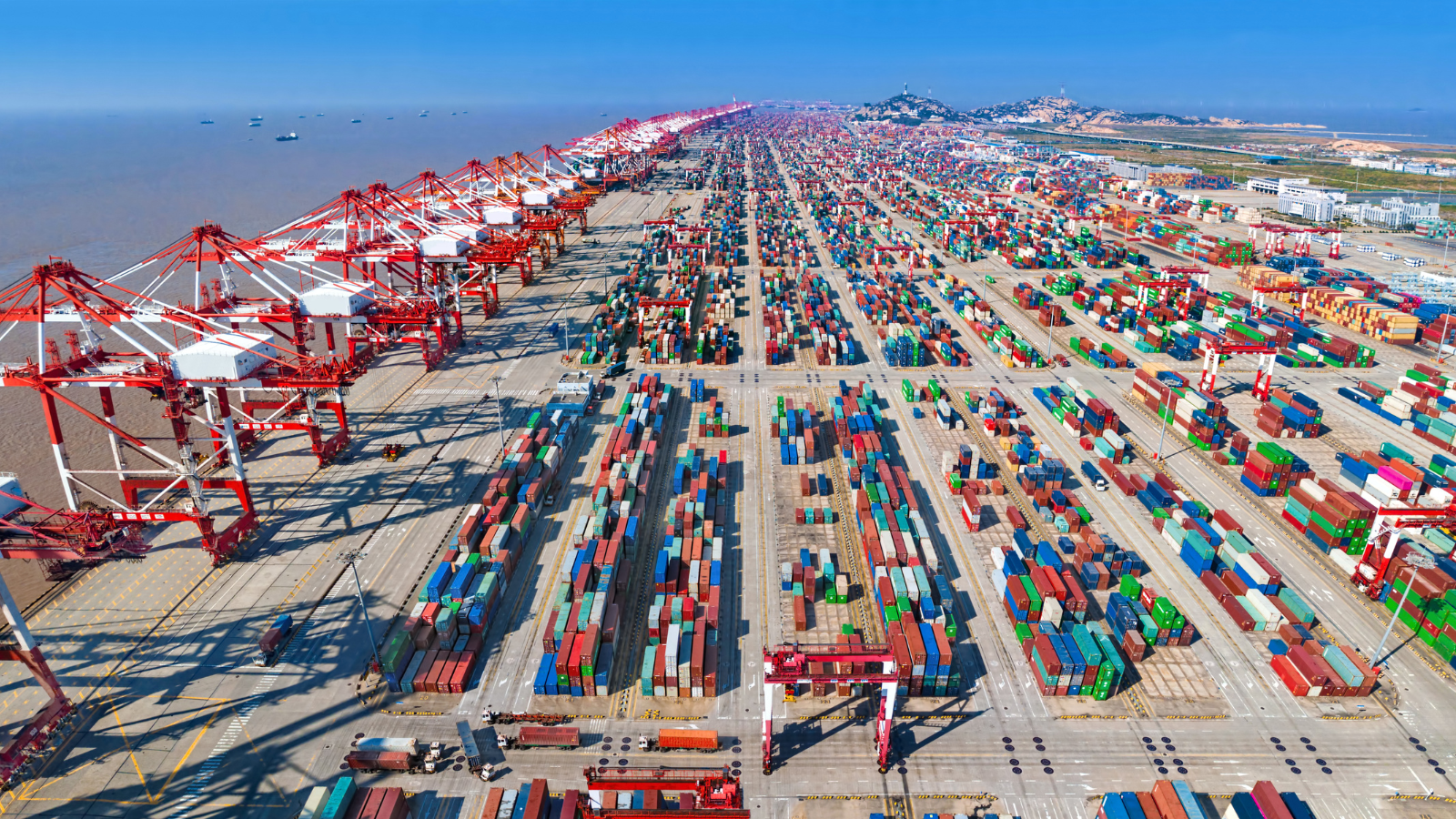New York and Nearby Areas Rattled by 4.8 Magnitude Earthquake
A 4.8 magnitude earthquake hit near Whitehouse Station, New Jersey, and its tremors were felt all the way from Maine to Washington D.C.! This quake, which struck at about 10:23 a.m., had New York City and neighboring areas really buzzing.
People across the Tri-State Area, including in cities like Syracuse and Philadelphia, reported buildings shaking. It's been a bit of a nerve-wracking day, with concerns about possible aftershocks. Governor Hochul of New York is already on top of assessing any damages, and New Jersey Governor Murphy has fired up the Emergency Operations Center just in case.
NYC Mayor Adams is telling New Yorkers to keep calm and carry on, but to be ready to duck and cover if another quake hits. Meanwhile, there were some brief hiccups at JFK, Newark, and LaGuardia airports, and the MTA's checking all bridges, tunnels, and subway lines for damage.
And just for a bit of historical context, this isn't New York's first earthquake rodeo – the city has felt shakes before, like a 5.0 quake back in 1884, and there's even a major fault line in New Jersey. So, while it’s rare, it's always good to be prepared! Stay safe out there!
Why does this matter?
If you're in the transportation and logistics industry, this earthquake news is definitely something to keep an eye on. Here’s why:
Infrastructure Impact: Earthquakes can cause significant damage to transportation infrastructure like roads, bridges, and tunnels. Even minor damage can lead to closures or restrictions, disrupting your usual routes and causing delivery delays.
Airport Delays: As mentioned, the quake led to temporary ground stops and delays at major airports. If you're dealing with air cargo, these kinds of disruptions can have a ripple effect on your delivery schedules and supply chain efficiency.
Transit and Freight Movement: With the MTA inspecting bridges, tunnels, and subway lines, there could be potential delays in public transportation systems, which could affect your workforce commuting or even impact the movement of freight, especially in urban areas.
Preparedness and Risk Management: Events like this highlight the importance of having a robust disaster preparedness and risk management plan. Understanding the vulnerabilities in your supply chain and having contingency plans can help minimize disruptions.
Our Take:
This quake serves as a reminder that "expecting the unexpected" should be a mantra in logistics. It's a wake-up call to continuously evaluate and update your disaster response strategies, ensuring that you can maintain operations or quickly recover, even when faced with natural disasters. It also underscores the importance of real-time monitoring of your supply chain to swiftly adapt to unexpected events. In a world where efficiency is key, being prepared for natural events like earthquakes could give your business a competitive edge in resilience and reliability.
A recent poll by Siena College reveals that a majority of New Yorkers are not in favor of a proposed $15 congestion toll for entering Midtown Manhattan.
A 4.8 magnitude earthquake hit near Whitehouse Station, New Jersey, and its tremors were felt all the way from Maine to Washington D.C.!
New Jersey has taken legal action against New York's congestion pricing program, arguing that it unfairly shifts traffic and pollution burdens to its communities.
Hundreds of New Yorkers chimed in on Monday, the last day to have their say on a major transportation project in NYC.
Tragedy struck New York as journalist Fazil Khan, 27, lost his life in a devastating apartment fire caused by a micromobility device's lithium-ion battery.
Some Trump-supporting truckers are boycotting deliveries to New York City following the former president's $355 million fraud fine.
Developers of the proposed offshore wind farm near Long Beach, Long Island, announced the termination of the Empire Wind 2 project due to economic challenges - including inflation, increased interest rates, and supply chain disruptions.
As the United States welcomed the new year, New York's minimum wage got a boost at midnight.
Heavy lake-effect snow is hitting parts of Upstate New York, with 20 to 30 inches expected downwind of Lakes Erie and Ontario.
New York City is preparing to launch the first zone-based tolling program in the U.S. in spring 2024.
LaGuardia Airport in New York faced severe flooding in Terminal A, affecting budget airlines Spirit and Frontier, prompting its temporary closure.
Target is closing nine stores in California, Oregon, New York, and Washington due to increasing thefts and organized retail crime that have put the safety of employees and customers at risk.
The Bronx Logistics Center in Hunts Point has achieved LEED v4 Platinum certification, making it one of the few distribution buildings in the US with this prestigious rating.
United Airlines CEO Scott Kirby's concerns about air traffic control issues causing flight delays in the New York region are supported by a Department of Transportation audit, which revealed severe understaffing in critical air-traffic facilities.
California residents like Sadaf Zahoor, who depend on public transit and have never owned a car, fear that the financial struggles of transit agencies in San Francisco and Oakland may lead to reduced services.
New York State Thruway Authority is investing $450 million in a project to revamp and modernize its 27 service areas by 2025, aiming to enhance the travel experience for truckers and other motorists.
In an effort to reduce trucking traffic, the New York City Department of Transportation is testing new local delivery hubs that trucks can use for curbside delivery.
The mayor of New York City has announced the city's first public ferry that will be hybrid electric, which will be operating in the New York Harbor.
While 41% of Americans were still working for home (with full-time or hybrid) in January, it’s safe to say that America’s biggest cities have faced a major shock to the system.
This partnership will expand the automaker’s growing electric vehicle supply chain network with an exclusive contract.
While California and New York lost hundreds of thousands of residents, Florida, North Carolina, South Carolina, and Texas were mass gainers. Some speculate that the migration is due to lower taxes and also reference the strong job market and “bounce-back” post-pandemic.
Seasonal gasoline stockpiles are already at a decade-low, and the ban on Russian fuel means that the East Coasts can’t rely on its backup supplies during the peak driving season over the summer.
Amazon and its fulfillment center operations are under fire as the state of New York aims to tear down “overly tough” productivity standards - similar to laws recently passed in California.
At the corner of Astor Place and Broadway in Greenwich Village, Housing Works has begun its newest line of business: weed sales.
The port rotation includes three locations in Europe: Antwerp, Belgium, Rotterdam, Netherlands, and Tilbury, England.
San Pedro Bay, home of the Ports of Los Angeles and Long Beach, has long been the king of America’s oceanside ports.
According to recently released September data, the East Coast port of New York and New Jersey has earned the top spot for a second consecutive month.
Driver shortage this, driver shortage that. Well, New York is doing something about it.
The Jones Act is a 100-year-old shipping law that requires all goods moved between American ports to be transported on domestic ships, and those happen to be some of the most expensive.






























The Federal Reserve Bank of New York is enhancing its supply chain data tracking with new "Supply Availability Indexes."